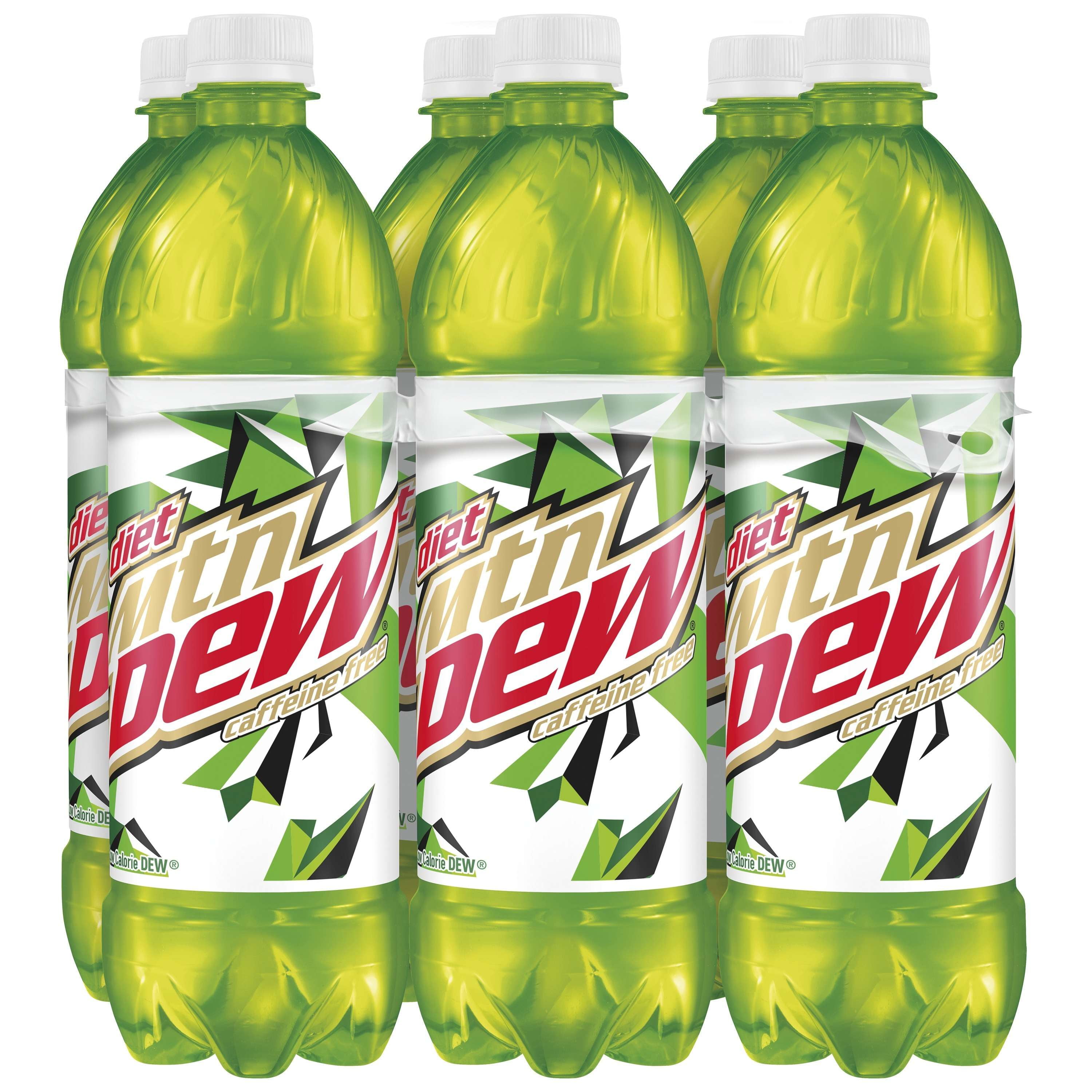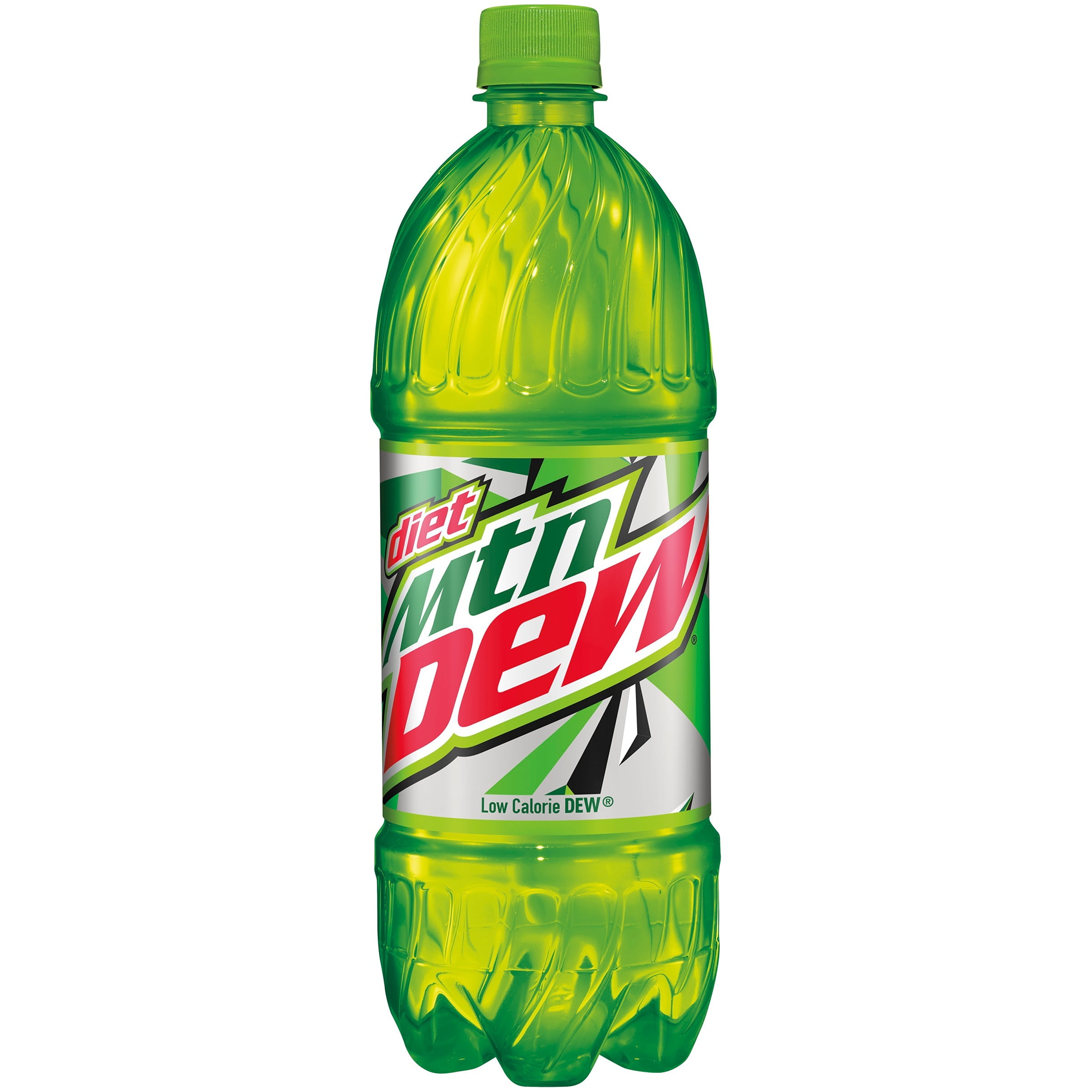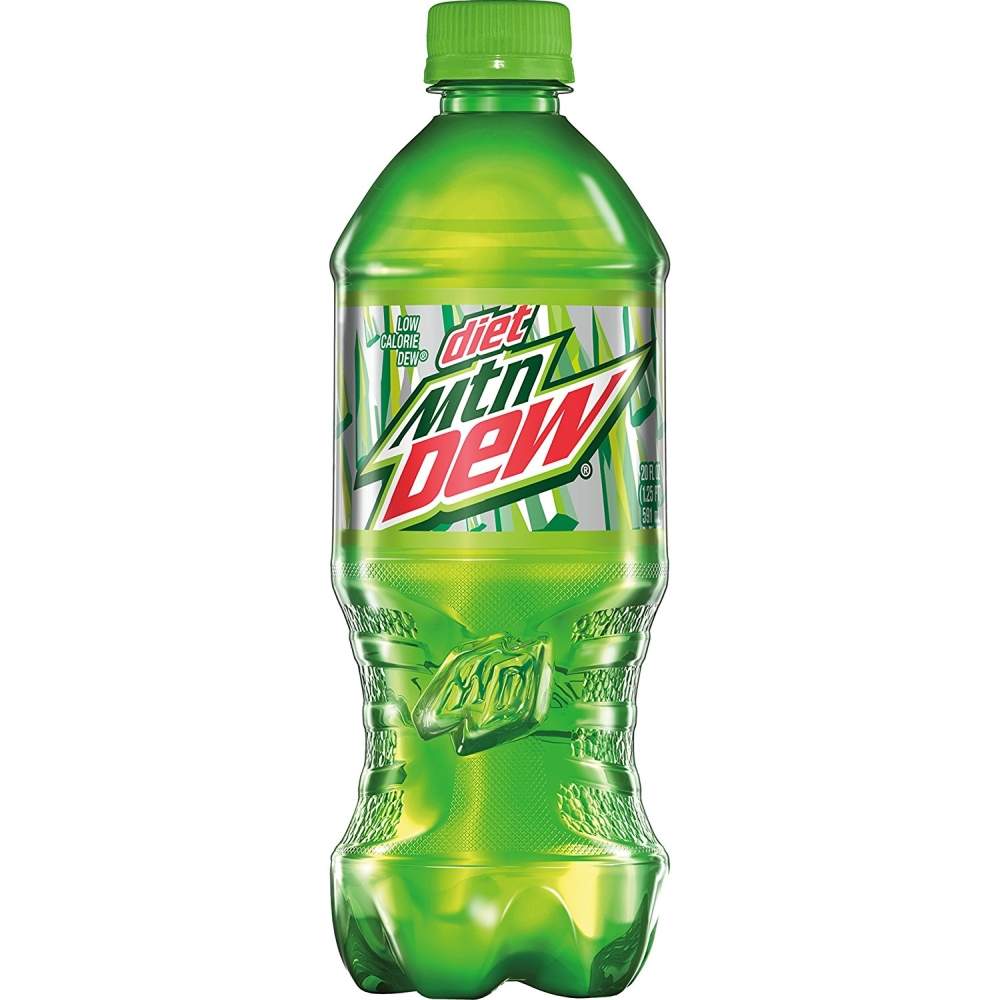

As a whole, people are using more artificially preserved items now than ever before in history. An additional concern is attributed to the unknown side effects of the possible build up in the body over time.

More troubling is the long-term risks of toxicity and kidney damage. The purpose is to increase shelf life by preventing rancidity, discoloration, and the separation of oils and fats.ĮDTA has various side effects including depletion of important metals/vitamins, hypotension, headaches, migraines, abdominal discomfort, and the lowering of blood sugar. This poison is added to many sodas, processed foods including sandwich spreads, salad dressings, sauces and numerous canned or pickled foods. EDTA is a chemical created from the combination of formaldehyde, sodium cyanide, and ethylene diamine. Although deemed safe by the FDA this chelating agent (which binds heavy metals in the system) has been linked to a plethora of health issues. Though coffee is typically much stronger in caffeine content, Mountain Dew products are the second highest caffeinated soft drinks, after Pepsi.Īnother detrimental additive in diet Mountain Dew is EDTA (Ethylenediaminetetraacetic Acid). Depending on an individual’s sensitivity, caffeine has been linked to insomnia, nervousness, restlessness, gastrointestinal upset, nausea and vomiting, increased heart rate, increased blood pressure and increase in respiratory rate. When it reaches the brain a feeling of immediate alertness is apparent. Caffeine is a central nervous system stimulant. A 12oz can of diet Mountain dew contain 54 grams of caffeine. Immediate reactions can include trouble with vision and eyes, ringing in the ears, heart palpitations and shortness of breath.Ĭaffeine is a major ingredient in diet Mountain Dew. The side effects attributed to aspartame can occur gradually over time or can be acute reactions to the chemical.

Aspartame is also associated with seizures, headaches, dizziness, weight gain, extreme fatigue, type 2 diabetes, metabolic syndrome, lupus, Alzheimer’s disease, fibromyalgia, general musculoskeletal pain and multiple sclerosis. Aspartame has also been linked to certain cancers (there has been a 300% increase in brain cancers since its release as well as increases in non-Hodgkin’s lymphoma and leukemia).

Since the onset of its use in the United States, its safety in regards to consumption has been highly controversial.Īspartame has been linked to numerous hazardous side effects including a greater risk of birth defects in women who consume aspartame while pregnant. In the late 1990’s, products containing aspartame were the focus of 80% of complaints about food additives to the FDA. It is approved by the Food and Drug Administration (FDA) for use in food and beverages as a substitute for sugar with the recommended daily intake of 50 milligrams per every kilogram of body weight. Metabolites from methanol can be the cause of central nervous system depression and other disorders that lead to metabolic acidosis and coma.Īspartame has been used as an artificial sweetener since the 1980’s and is currently found in thousands of products. Aspartame consists of aspartic acid and phenylalanine, which when broken down in the system produces methanol, which can be toxic in high amounts. They fail to satisfy cravings and often intensify hunger. Recent studies have shown that artificial sweeteners actually increase weight gain. This artificial sweetener has been linked to multiple serious health challenges. One of the most toxic ingredients in diet Mountain Dew is aspartame.


 0 kommentar(er)
0 kommentar(er)
